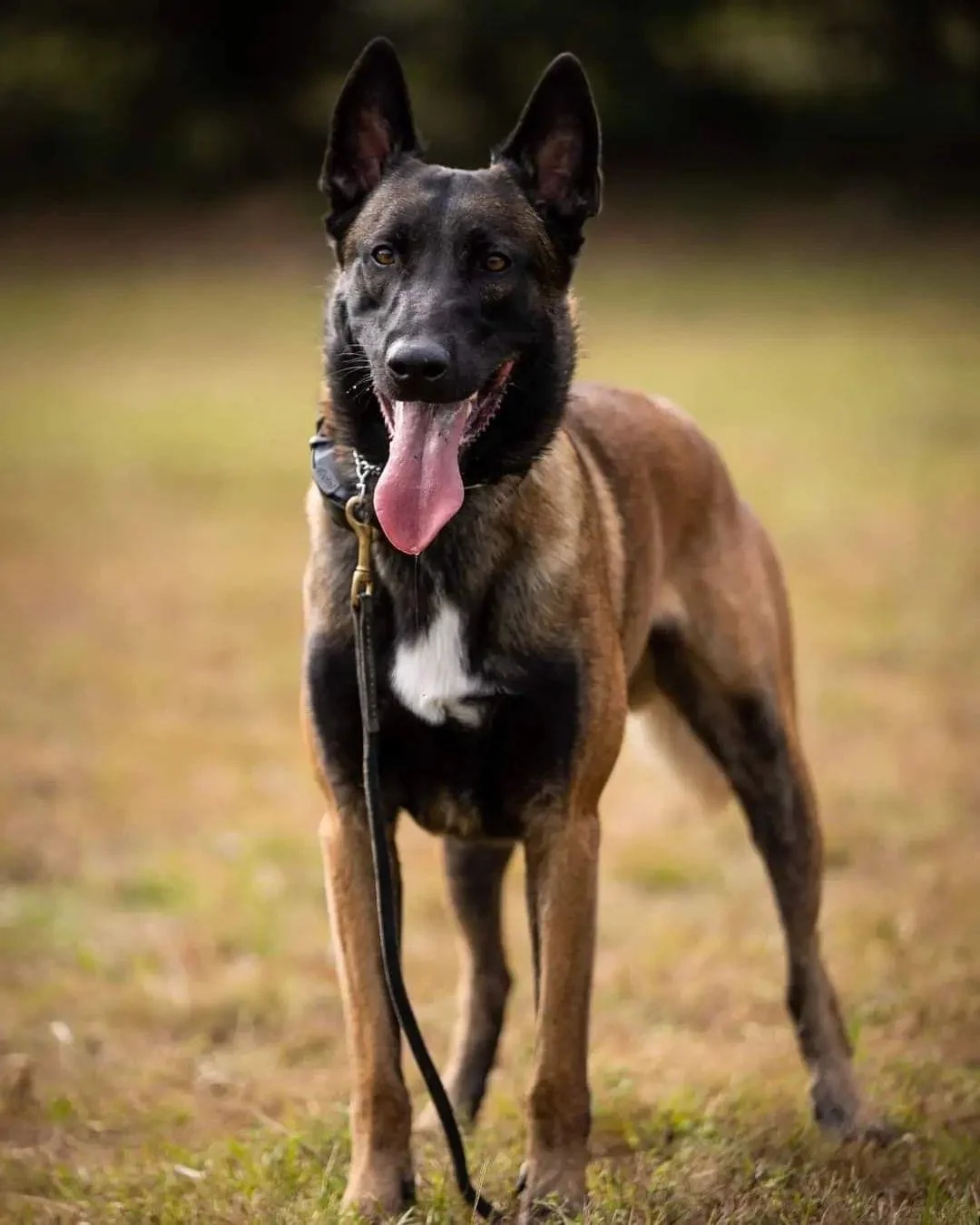What is Schutzhund/IGP?
Schutzhund, now known as IGP, is a raw, gritty, and exciting sport that we share with our best friends. IGP is about being outdoors on your dog's level having fun. The sport takes dedication, but the rewards are endless. You can expect an inseparable bond with your dog that others will envy, the most well trained dog you've ever had, not to mention the pure happiness that you'll experience when you see your best friend having the time of his or her life!
The sport of Schutzhund (direct translation "protection dog") was developed in Germany in the early 1900s as a breed suitability test for the German Shepherd Dog and evaluates three areas: Protection, Obedience, and scent Tracking. It was designed to test the innate traits and abilities that German Shepherds are supposed to have. Successful attainment of titles was and continues to be a requirement for breeding. By implementing this requirement, the Germans ensure that breeding stock would produce only the most desirable traits and temperaments to working dogs. Over the past century IGP has remained a breed test, but has also evolved into a sport that is enjoyed by many different dog breeds as well as people from all over the world. Schutzhund allows both the handlers to display their training abilities as well as the dogs ability to perform as required. Often a family hobby, IGP is enjoyed by people of all ages and even those with disabilities. Often it is a family hobby.
Contrary to the popular misconception that IGP is “all about protection,” it is actually securely founded on obedience and control of a dog’s natural instincts and drives. IGP dogs are safe, stable companions in the home and in public, good with children, under control, and at peace with their surroundings.
A IGP trial begins with a temperament test, in which the judge observes the dog around strangers and the dog's reaction to being approached while on a loose lead. Dogs that demonstrate aggression or are skittish in any way are immediately dismissed from the trial. This test must be successfully completed before any trial at any level and helps to ensure that the dogs are safe with strangers and crowds. In order to receive a IGP title (IGP 1-3) the dogs must successfully complete all three phases of the sport with a score of at least 70 out of 100 points.
Tracking
In tracking, a dog is required to keep their nose on the ground throughout the entire track and indicate articles that are strategically placed along the track. With each SchH title, the track becomes longer, more difficult and is aged for a longer period of time. Advanced tracking titles (FH1 and FH2) are also offered. We typically practice tracking early in the morning when the dew makes footsteps easier for the handler to see.
Obedience
The obedience phase of an IGP trial follows the same basic routine at each level, with just a few added skills. The obedience requirements in IGP are similar to that of other obedience titles (AKC, etc.) in that the dog must heel, sit, down, retrieve, both on and off leash. In a IGP routine, the paired handlers must report with their dogs off leash. One dog performs a long down, while the other performs their obedience routine. During the heeling pattern, two shots are fired to test the dog's sound sensitivity, as well as heeling through a group of moving people. Dogs must retrieve dumbbells over a 1 meter jump, A-frame, and on the flat and must be under voice control with no hand signals. Any help from the handler is penalized and may result in dismissal.
Protection
During the protection phase of an IGP trial, the dog must search around blinds (fabric teepees) to find a hidden decoy or IGP helper. Once found, the dog will hold the decoy by strongly barking without a bite. The dog must return to the handler when called, prevent escapes and attacks by biting a bite sleeve solidly. The dog should not release the sleeve unless the handler gives the “out” command. The dog and handler must heel next to the helper and after taking his ‘weapon’, a padded stick or whip, transport the decoy to the judge, all the while remaining ready for defense against attack. Dogs that are out of control or do not release the bite are dismissed.


